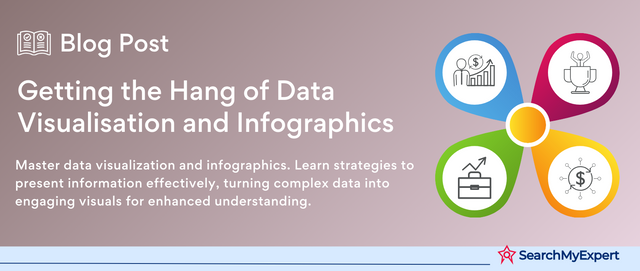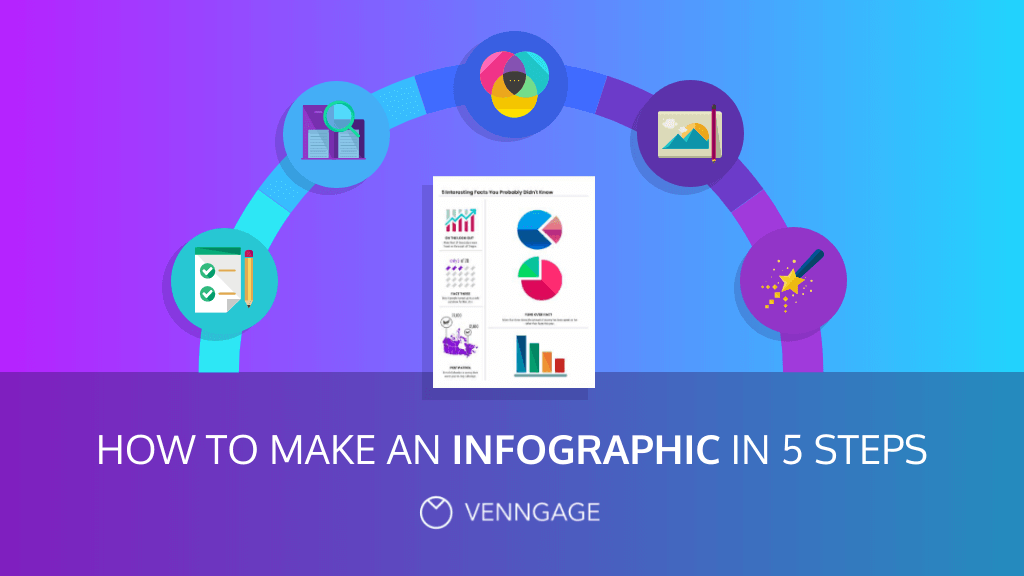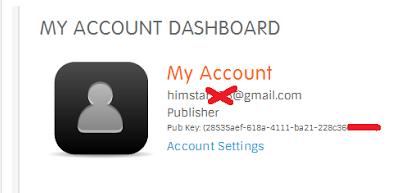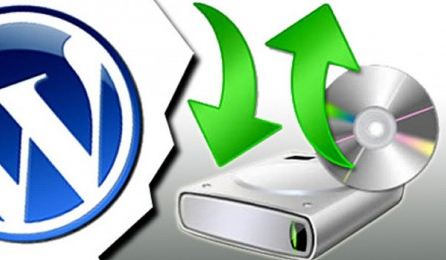Unlock the secrets to mastering Android with these essential tips for beginners – your gateway to becoming a tech pro!

Table of Contents
Welcome to the exciting world of Android! If you're curious about how mobile apps work or have ever dreamed of creating your own app, learning about Android is a fantastic place to start. Android is like the brains behind many smartphones and tablets, making it possible for you to play games, chat with friends, and so much more.
Imagine being able to build the next big app that everyone loves to use! That's why understanding Android, the operating system that powers millions of devices around the world, is a great step towards becoming a mobile developer. In this beginner's guide, we will explore the basics of Android and how you can start your coding journey in mobile development.
Getting Started with Android
Understanding the Android Platform
Android is an operating system that powers a variety of devices like smartphones and tablets. It allows users to interact with their devices through apps and offers a seamless user experience.
Tools and Resources for Beginners
As a beginner in Android development, you will need the right tools and resources to kickstart your coding journey. One essential tool is Android Studio, which is an integrated development environment (IDE) specifically designed for Android app development. It provides a user-friendly interface for writing code, testing apps, and debugging errors.
Additionally, there are plenty of online tutorials, forums, and guides available to help beginners learn the fundamentals of Android development. Websites like Stack Overflow and the official Android Developers website offer a wealth of resources to support your learning process.
The Building Blocks of Android Apps
When you dive into the world of Android app development, it's essential to understand the core components that make up these amazing applications. In this section, we will explore the building blocks of Android apps that form the foundation of Mobile development.
Activities and Life Cycle
Activities are like the different screens or windows of an Android app. They represent different functionalities and interactions that users can engage with. Understanding the life cycle of an activity is crucial as it dictates how the app behaves when users navigate through different parts of the application. It's like a roadmap that guides the app on how to respond to user actions.
User Interface Elements
User interface elements are the visual components that users interact with when using an app. These include buttons, text fields, menus, and other graphical elements that make the app intuitive and easy to use. Designing a user-friendly interface is essential for ensuring a positive user experience and increasing app engagement.
Your First Android App
Before you start creating your first Android app, you need to set up your development environment. The most commonly used tool for building Android apps is Android Studio. Make sure to download and install it on your computer. Android Studio provides you with all the necessary features and tools to create amazing apps.

Image courtesy of www.searchmyexpert.com via Google Images
Writing the Code
Once you have Android Studio set up, it's time to write some code. In Android development, the primary language used is Java or Kotlin. These are programming languages that are specifically designed for building Android apps. You can start by creating a new project in Android Studio and begin writing your code to define the behavior and design of your app.
Testing Your App
After writing the code for your Android app, the next step is to test it to ensure it works correctly. You can use the built-in emulator in Android Studio to run your app and see how it functions on a virtual device. Testing is crucial to identify any bugs or issues in your app and make necessary adjustments to improve its performance.
Introduction to Programming Concepts
When starting your journey into Android development, it's essential to understand some basic programming concepts. These concepts will serve as the foundation for creating amazing apps for mobile devices. Let's dive into the world of programming together!
Variables and Data Types
Imagine variables as containers that hold different types of information. For example, a variable called "age" can hold numbers like 10, 15, or 20. Data types define the kind of information a variable can store. There are different data types such as numbers, text, and true/false values.
Control Structures
In programming, we often need to make decisions based on certain conditions. Control structures help us do just that. An if-else statement is like a flow chart that tells our program what to do if something is true or false. Loops, on the other hand, allow us to repeat a set of instructions multiple times.
By understanding variables, data types, and control structures, you're on your way to mastering the fundamentals of programming. These concepts will help you build the logic behind your Android apps and bring your ideas to life!
Diving into AI with Android
Artificial intelligence, or AI for short, is a fascinating field that involves creating machines that can think, learn, and adapt like humans. And guess what? You can explore the exciting world of AI right from your Android device! Let's dive in and discover the possibilities.

Image courtesy of venngage.com via Google Images
What is AI?
AI is like having a smart friend inside your phone. It can help you with tasks, answer questions, and even play games with you. Imagine having a virtual assistant who can understand what you say and respond just like a real person. That's the magic of AI!
Simple AI Features You Can Try
Ready to have some fun with AI on your Android device? Here are a few beginner-friendly AI features you can experiment with:
- Voice Commands: Try asking your phone to call a friend, set a reminder, or play your favorite song using voice commands. Your Android device can understand what you say and carry out tasks for you.
- Smart Recommendations: Have you noticed how your phone suggests songs, movies, or even restaurants based on your preferences? That's AI at work, using algorithms to predict what you might like.
- Photo Recognition: Ever wondered how your phone can recognize faces in photos? AI helps your device identify people, objects, and even places in your pictures.
By exploring these simple AI features, you can get a taste of what artificial intelligence can do and how it enhances your everyday experiences on your Android device. Who knows, you might even discover a passion for creating your own AI-powered apps in the future!
Best Practices for Android Development
When it comes to mastering Android development, there are certain best practices that can help you become a more proficient app developer. By following these tips, you can write cleaner code and stay up to date with the latest trends in the ever-evolving world of mobile development.
Writing Clean Code
One of the most important aspects of Android development is writing clean code. This means writing code that is easy to read, understand, and maintain. By following best practices such as using meaningful variable names, proper indentation, and commenting your code, you can make it easier for yourself and others to work on your projects.
Keeping Up with Trends
Android development is a constantly evolving field, with new technologies and trends emerging all the time. To be successful as an Android developer, it's important to stay up to date with the latest advancements in the industry. This means following blogs, attending conferences, and exploring new tools and libraries that can help you improve your skills.
Conclusion
In this blog post, we’ve covered the basics of Android programming for beginners, diving into the world of mobile development and even touching on the exciting realm of artificial intelligence. If you’ve made it this far, congratulations on taking the first steps towards becoming an Android developer!
Remember, Android is a versatile and widely-used operating system that opens up a world of possibilities for creating your own apps. By mastering the fundamentals of coding and understanding the building blocks of Android apps, you’re well on your way to developing your first app.
As you continue your journey in Android development, keep in mind the best practices you’ve learned here. Writing clean code and staying updated with the latest trends will set you apart as a skilled developer.
So, what are you waiting for? Grab your laptop, fire up Android Studio, and start coding your first Android app today. Who knows, you might just create the next big thing in mobile development!





 About UsFind out working team
About UsFind out working team AdverisementBoost your business at
AdverisementBoost your business at Need Help?Just send us a
Need Help?Just send us a We are SocialTake us near to you,
We are SocialTake us near to you,